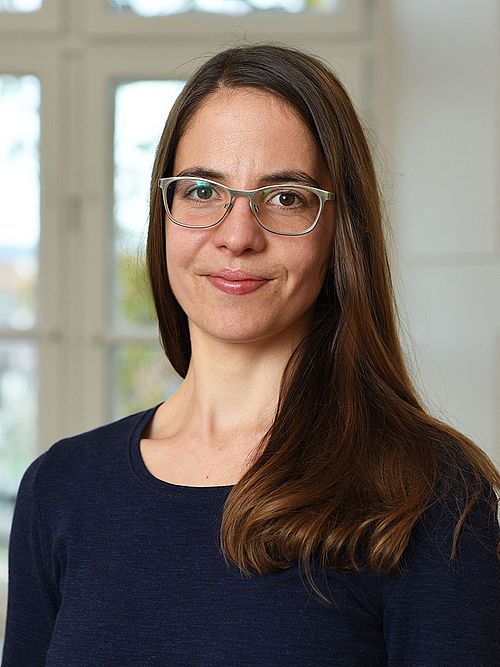Shifting the paradigm? A transnational study of how ecovillages mobilise worldviews in sustainability transitions
Project Description
There is a common understanding in sustainability research that sustainability transitions not only require technological solutions and more efficiency but also social and cultural transformations. Some scholars even see the neglect of the cultural dimension of sustainability as one of the root causes for the outstanding system transformations. It is argued that a profound cultural shift towards sustainability requires worldviews that see human and more-than-human life as part of an interconnected whole, are able to integrate different types of knowledge and show an openness to change and reflect paradigms, beliefs and values. This types of eco-centric, integrative worldviews are already embodied by members of many ecovillages.
Members of ecovillages try to live harmoniously with themselves, with each other and the world around them. As living laboratories and models for sustainable living, ecovillage communities experiment with and develop solutions to crises of sustainability across four axes: social, economic, environmental and cultural. Their actions are often based on eco-centric worldviews, which may manifest secularly but are often coined spiritually. Core to eco-spiritual worldviews is a belief in the sacredness of nature and the cosmos, and an understanding of the world as being ultimately interconnected. As a result, ecovillages can be understood as hubs for paradigm shift towards eco-centric worldviews which drive cultural change towards sustainability.
Most ecovillages do not see themselves as isolated refugia, but aim to embed their alternative ways of doing, acting, governing and thinking into their localities. A possible way of embedding their innovations, and supporting local sustainability transitions are through diverse collaborations with actors from wider society. However, differing practices, worldviews, goals, and interests may create boundaries and lead to tensions between an ecovillage and its local social environment, rendering collaborations challenging. Within this context, my dissertation focuses on the following research questions:
- How do ecovillages and their members in different regional contexts embed their worldviews into their local social environment?
- What role do religious and spiritual worldviews play in the embedding processes of ecovillage practices, ideas and approaches?
- How do ecovillagers deal with differing worldviews in their collaborations with actors from different social worlds?
To study these research questions in 27 countries, I apply a scaffolded mixed methods approach consisting of interviews, a survey and ethnographic observation.
Despite scholars highlighting their importance in sustainability transitions, worldviews, especially religious and spiritual, remain chronically understudied within the field. Situated at the interface of sociological sustainability research and religion, my dissertation aims to address this gap.
This thesis is part of the research project EVIST – “Ecovillages as incubators for sustainability transitions: What boundary-bridging arrangements facilitate the diffusion of innovations in different settings?”, funded by the Swiss National Science Foundation (SNSF).
Supervisor: Prof. Dr. Jens Köhrsen
Co-Supervisor: Prof. Dr. Manfred Max Bergman
Short Bio
After studying Islamic and Middle Eastern Studies, Theology, General Ecology and Religion, Economics, Politics at different universities in Switzerland, I worked as an innovation ethicist and staff member at the office of the National Advisory Commission on Biomedical Ethics. My interest in sustainability led me back to the University of Basel in summer 2021. As a PhD candidate in sociology I’m particularly interested in transdisciplinary research, local sustainability transitions, grassroots innovations, religion and ecology and the specific question of how ecovillages embed their sustainability innovations, including religious and spiritual worldviews.

Nadine Brühwiler
Center for Religion, Economics and Politics
Faculty of Theology
Heuberg 12
4051 Basel
nadine.bruehwiler@unibas.ch
Quick Links
Social Media
